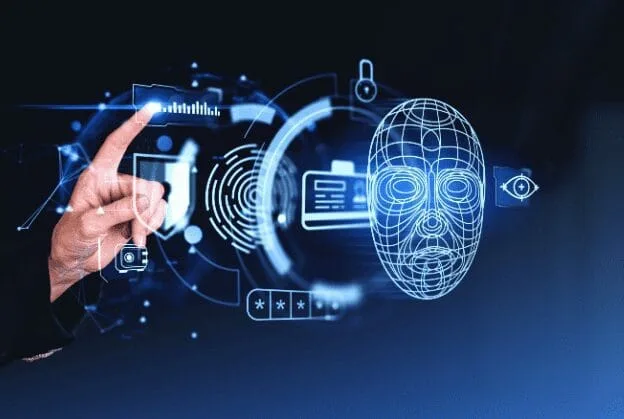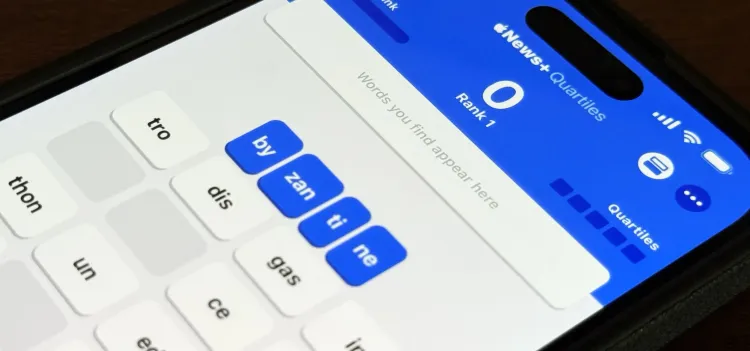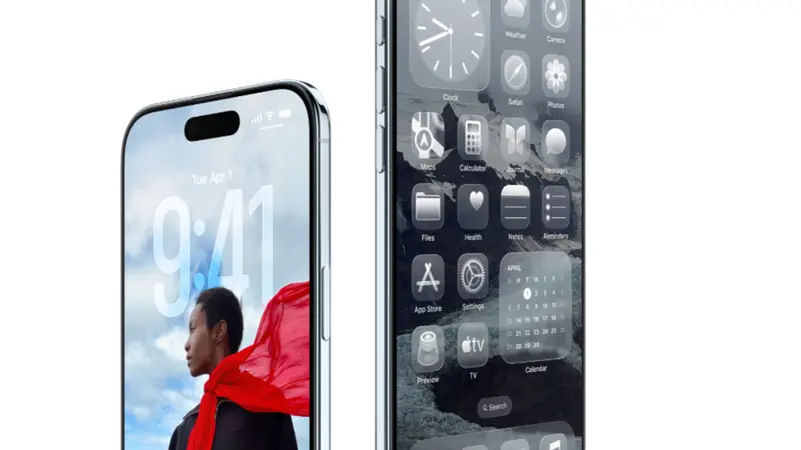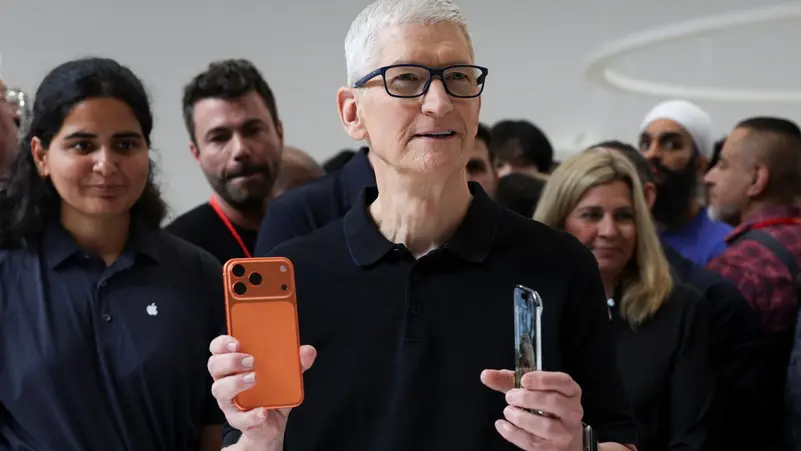Is the Password Era Over? The Future of Cybersecurity in the U.S

As digital threats become more sophisticated, the question echoing across washington and the tech world is clear: Are passwords still enough to protect us?
Over the past decade, cybersecurity in the usa has undergone massive evolution. From corporate breaches to personal identity theft, it’s becoming evident that passwords—no matter how strong—are no longer the ultimate shield.
Why Passwords Are Failing
Despite advice to create complex passwords with numbers, symbols, and uppercase letters, hackers continue to crack them.
Data leaks have exposed billions of credentials, many from top-level companies and institutions in the market.
Even two-factor authentication (2FA), once hailed as a savior, has its flaws—especially when cybercriminals use phishing and SIM-swapping attacks to bypass it.
Enter Biometric and Behavioral Security
New innovations are shifting from what you “know” (passwords) to who you “are.”
Fingerprint scanning, facial recognition, retina analysis, and even voice patterns are being adopted across devices, from smartphones to bank systems.
Major banks and healthcare providers in the us are now integrating behavioral analytics—like typing rhythm and mouse movements—to detect anomalies in real time.
This is especially true in government systems, where new media platforms used by public servants are being re-secured using next-gen biometric access.
AI and Machine Learning in Cyber Defense
Artificial Intelligence isn’t just reshaping jobs—it’s reshaping digital security.
By analyzing patterns of user behavior, AI systems can detect breaches faster than humans ever could. Companies like Apple, Microsoft, and defense contractors are already leveraging AI to build cyber firewalls that evolve daily.
This technological leap is not just a reaction—it’s part of a proactive redesign of digital infrastructure across the whitehouse and private sector.
The Rise of Passkeys: Passwordless Logins
Tech giants are pushing for a passwordless future.
fox tech analysts explain how “passkeys”—a combination of cryptographic keys and biometrics—allow users to sign in without ever typing a password.
Google, Apple, and Microsoft now support passwordless logins across major platforms, offering more secure, user-friendly alternatives.
This shift could drastically reduce the threat of phishing and brute-force attacks, making login processes faster, safer, and more seamless.
Risks Still Exist
While the password might die, cybercrime won’t.
Biometrics can still be spoofed. Hackers have demonstrated ways to replicate fingerprints and facial structures.
Voice authentication can be tricked by AI-generated audio, especially with advancements in deepfake technology.
And as security becomes more advanced, so do the attacks. This digital arms race has no clear end.
What It Means for the Average American
The shift away from passwords will affect everyone—from tech workers to small business owners.
Citizens may soon access government services, health portals, and bank accounts through retina scans or voice recognition.
And while this may sound like science fiction, in reality, it’s already happening.
As cybersecurity becomes personal, Americans must prepare by:
-
Updating devices to support passwordless logins
-
Avoiding reuse of old credentials
-
Enabling multi-layered security whenever possible
-
Staying informed through trusted news sources




